Before 2020, it’s likely the word “antimicrobial” did not often cross your mind. Perhaps you walked down the cleaning aisle in the grocery store and saw a disinfectant with the phrase “Kills 99.9% of Germs,” but it’s likely that you didn’t give it too much thought.
It is important, however, to know that a product that says “disinfectant” is powered by an antimicrobial. Antimicrobials, also known as biocides, help prevent the growth and spread of unwanted microbes. While some microbes are beneficial and important to many ecosystems, others can spread serious illnesses or cause materials to degrade and break down prematurely. Antimicrobials can kill those bad microbes.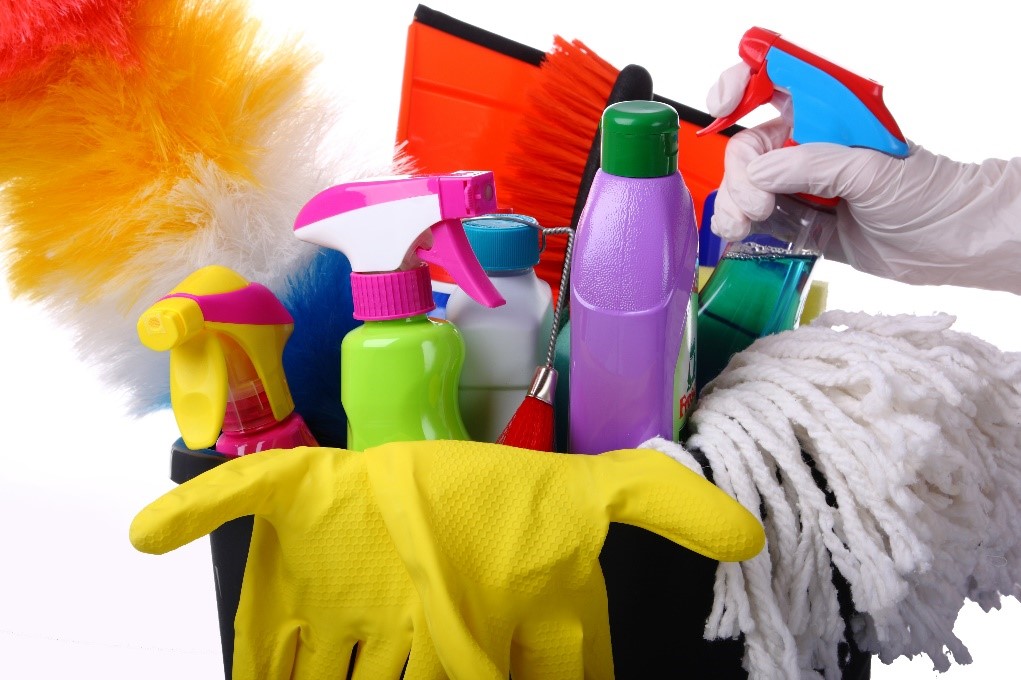
Antimicrobials serve as an essential component in disinfectant sprays and wipes that are effective against dangerous pathogens, including SARS CoV-2, the virus that causes COVID-19. And by helping the products you purchase last longer, they also contribute to the sustainability of our planet’s precious resources. That means a little (or even a lot) more money in your pocket that you might otherwise have spent replacing items that had spoiled or decayed.
Antimicrobials play a critical role in our world in many different ways. Even in the midst of an unprecedented global pandemic, where COVID-19 has upended so many of our daily rituals, our lives would still look very different without them. Here is a glimpse of what a“normal” day would look like without the help of these powerful microbe-fighters.
What might your daily life look if antimicrobials were not used?
Rise&Shine
For many people, the first glass of water after waking is refreshing and rejuvenating. So just imagine if it posed a serious health risk. Without antimicrobials, that could be a reality. It is safe to drink water from your faucet because antimicrobial treatments help eliminate harmful pathogens such as E. coli and Legionella. In fact, thanks to the help of antimicrobials, we’ve virtually eliminated waterborne diseases like typhoid fever and cholera.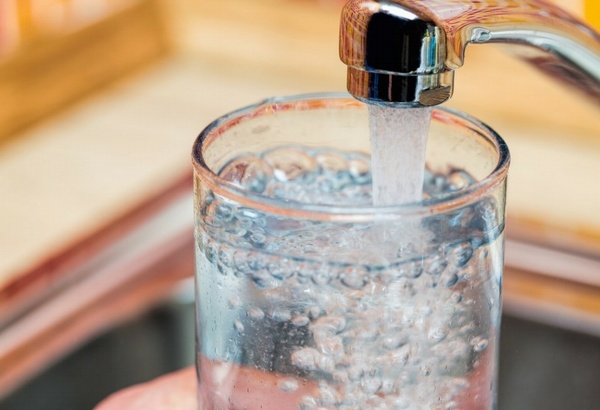
Face the Day
As you prepare for the day, you may apply make-up, moisturizers, lotions, or other products to your skin. Next time you do so, keep in mind that most personal care products require some kind of antimicrobial preservative to prevent them from spoiling. Many of the products we use every day have water in them, and a preservative helps prevent contamination from waterborne bacteria. If not for antimicrobial preservatives, your daily products would need to be stored in the refrigerator or else you’d be replacing them every few days.
A Healthy Breakfast
According to Dr. Chuck Gerba, professor of microbiology at the University of Arizona, “The average cutting board has 200 times more fecal bacteria than a toilet seat.” And that is only one surface in your kitchen. Without antimicrobials to help disinfect the surfaces that raw meats and poultries touch, cutting up a fruit salad for breakfast could be a lot more perilous to your health.
Sidebar: Want to know what’s likely even more germ-laden that your dirty cutting board? The sponge that’s been sitting in your kitchen sink all night. The sponge that also hosts up to 362,631,038 microorganisms per 10 cm2! Microbes grow and thrive in wet environments more than any other. At the same time, sponges are quite effective at absorbing water, spilled liquids, and unfortunately, bacteria like salmonella and E. coli. These two facts together are the reason why your kitchen sponge is likely the most germy thing in your house – including your dog’s water bowl, your son’s diaper pail, and your toilet.
The Commute
For many people, maybe you included, the daily commute to the office takes place via a bus, rideshare,subway, or train. While public transportation may be the right thing for so many reasons, you should use it with certain precautions in mind. Public transportation means shared surfaces and more exposure to germs. So even if your public transit authority disinfects regularly, how do you navigate this environment without being exposed to multiple harmful germs? Pack an easily accessible and convenient antimicrobial wipe or hand sanitizer for use during and immediately after your ride to work.
Sidebar: One of the busiest and most populated metro systems in the world is the London Underground. It carries an average of 5 million customers each day, resulting in 1.37 billion passengers putting their hands on seats,doors, buttons, hand-straps, and handrails each year. Last year, more than 200 ultraviolet light sanitizing devices were installed on 110 escalators across the transit system. In addition, more than 1,000 hand sanitizer stations have been rolled out across the transport network, with points installed at every subway and rail station.
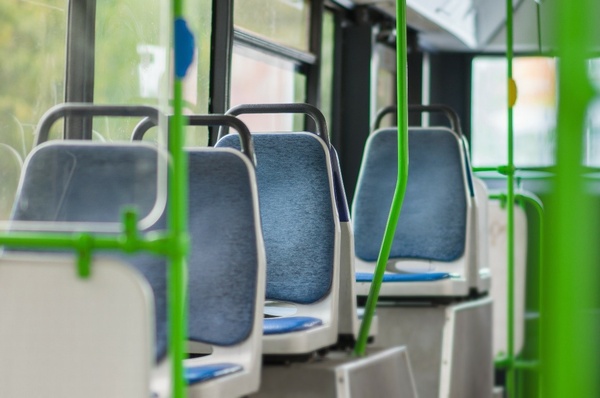
Work, Work, Work
For those who work in an office or workplace location, you may wonder, how is this possible in the midst of a pandemic? Professional applicators are working diligently to apply disinfectant products to high-touch surfaces in and around your office. But keep in mind: although a disinfectant treatment throughout your workspace is beneficial, it doesn’t mean you can let your guard down. Whether it’s the highly trafficked bathroom door handle or the much-touched elevator button, it’s critical to wash hands throughout your day. Antimicrobials coupled with vigilance make it possible for people to stay safe even in shared spaces like an office.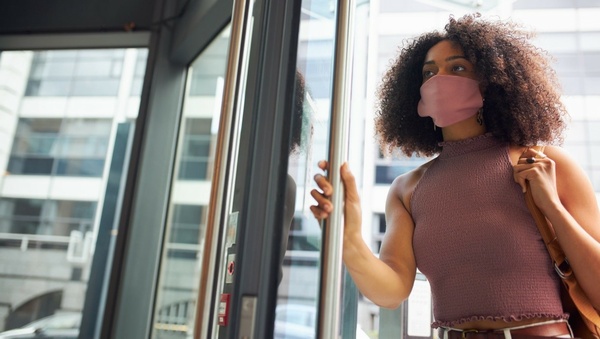
A Happier Hour
Did you know that your local brewery relies on antimicrobials in their brewing process to help slow the growth of human pathogenic microorganisms that can grow, fester, and make you sick? According to the Journal of The Institute of Brewing, it is essential that breweries use disinfectants to keep their equipment free from harmful microorganisms that are attracted to wet, damp environments as well as the organic ingredients in the beer. Also, your local watering hole *should* be regularly disinfecting their taps, nozzles, and spill drainage trays; if not, unhealthy growth of mold, bacteria, and rust is certain to arise. So when you meet up with your friends after work for a cold one, just keep in mind what’s helping make this hour happy.
Dinner al Fresca
When it’s time for dinner, what beats firing up the BBQ on the back deck and having a cookout? As you and your family dine together, take heart that antimicrobials are helping make this happen too. Without them preserving the wood, your deck and outdoor furniture could be reduced to a pile of rotting rubble after a few big rainstorms. With antimicrobials, not only is the wood we use stronger and more durable, but we are able to use it for a lot longer too. Without them,wood and lumber are no longer viable building materials for outdoor structures and furniture.
Restful Sleep
Finally, antimicrobials make going to bed after a busy day much more pleasant. Microbes are just as likely to invade your bedroom as any other room, causing deterioration and odors in your clothing and fabrics over time. That’s why antimicrobials are used to strengthen the textiles used to make so many linens and bed clothing – from pillows and sheets to towels and slippers. After all, studies have shown that after one week, bed sheets harbor more bacteria than a bathroom doorknob. Antimicrobials help make sure that you have a good night.
Clearly, antimicrobials play an important role in making our spaces cleaner, our belongings stronger and longer-lasting, and our minds at ease knowing we can go about our day without unnecessary exposure to harmful germs. For most of us, it is hard to imagine a day not being able to safely take a sip of water, eat and cook in our kitchens, or sleep inside a structurally sound house. Thankfully, as long as we have the help of antimicrobials in all of their forms, it is a day we hopefully need not plan for.
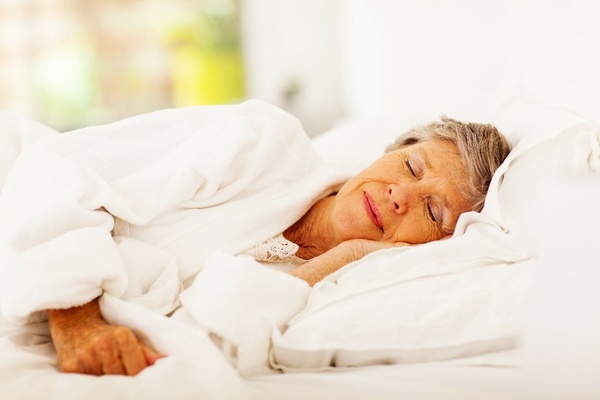
https://thegoodfaceproject.com/articles/preservatives
https://www.microban.com/antimicrobial-solutions/environments/transportation
https://www.transparencymarketresearch.com/antimicrobial-ingredients-market.html






Comments